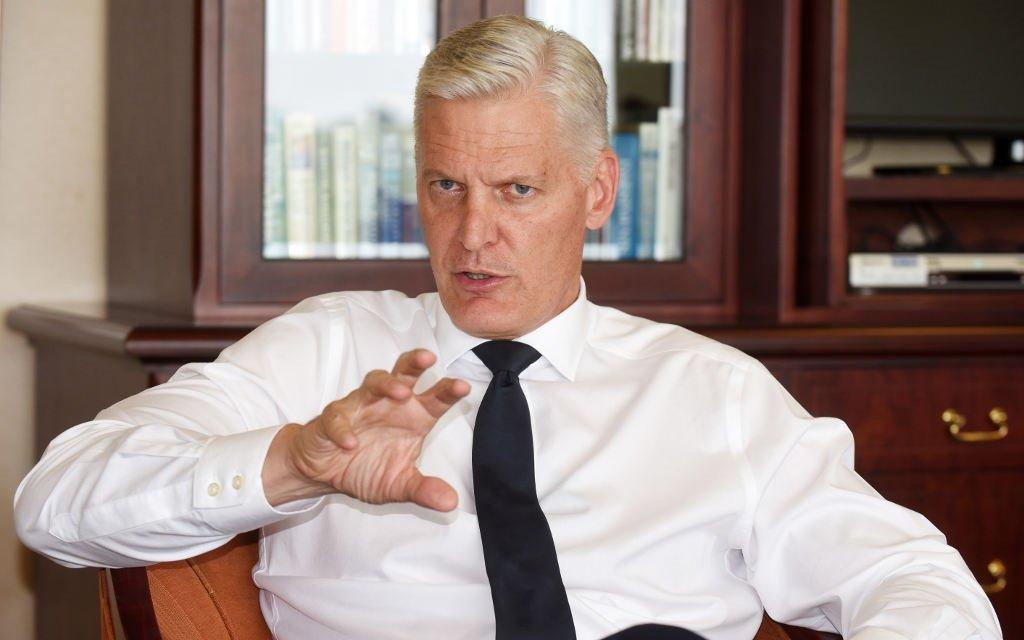Africa-Press – South-Africa. Eskom has signed an agreement with the Cape Peninsula University of Technology for reskilling workers at the Komati power station, which is due for decommissioning at the end of September.
The Memorandum of Agreement (MOA) was signed by Eskom CEO André De Ruyter and CPUT Vice-Chancellor Professor Chris Nhlapo at the SA Renewable Energy Technology Centre (SARETEC) on Monday.
The MOA will allow for the upskilling and reskilling of workers and communities dependent on the coal-value chain in Mpumalanga and surrounds, using accredited courses and programmes from CPUT, explained Nhlapo.
De Ruyter that the last unit at Komati is due for decommissioning in September. Aware of this, Eskom has been looking to repurpose the plant.
De Ruyter said:
Among the initiatives to repurpose and repower the power station include building a 100 MW solar plant and looking into the feasibility of a 40 MW to 70 MW wind plant at the site. There are also plans to install a micro-grid manufacturing facility to bring electricity to far-flung rural areas not yet served with electricity.
Apart from the physical infrastructure, Eskom considered the social impact of the transition to renewables and the need to re-empower the human capital at Komati, which includes direct employees, contractors, the local community and surrounding towns. For this reason, Eskom had set out plans for a training centre for workers and others to be able to participate in the renewable energy industry.
Eskom had “scouted” both locally and internationally for the right partner to enable training and SARETEC – associated with CPUT – came out tops. De Ruyter said that SARETEC is a leader in its field.
De Ruyter: Mpumalanga’s solar, wind resources good enough for renewables rollout
Initially, the focus of the training will be at Komati, with the aim to roll this out for all Eskom workers, contractors and others interested in working in renewable energy, De Ruyter added.
The project’s next phase will involve signing a funding agreement at Komati on 23 September 2022. De Ruyter assured that funding had been secured for the reskilling project.
De Ruyter said that Eskom’s budget for repurposing Komati is over R8 billion. “That is the amount of money that is at stake and that Eskom is prepared to put in,” he said. Eskom has been working to source money from around the world to repurpose Komati.
“The decarbonisation initiative is not about destroying jobs, it is about creating jobs,” De Ruyter emphasised. Eskom has done extensive socio-economic studies, while engaging with labour and communities on the just transition. Citing two independent studies, De Ruyter added that between 160 000 and 300 000 net new jobs could be created as a result of a just energy transition.
Nhlapo added that the energy problem is a national problem, and partnering with Eskom is a means for the institution to do its bit to address the energy crisis.
For More News And Analysis About South-Africa Follow Africa-Press






